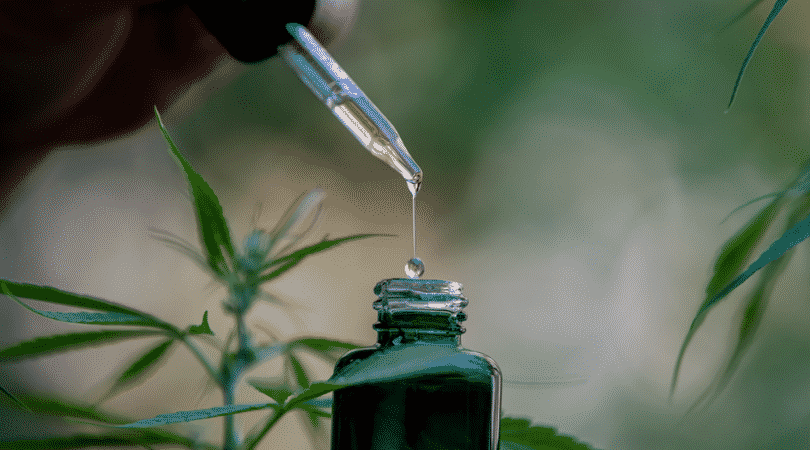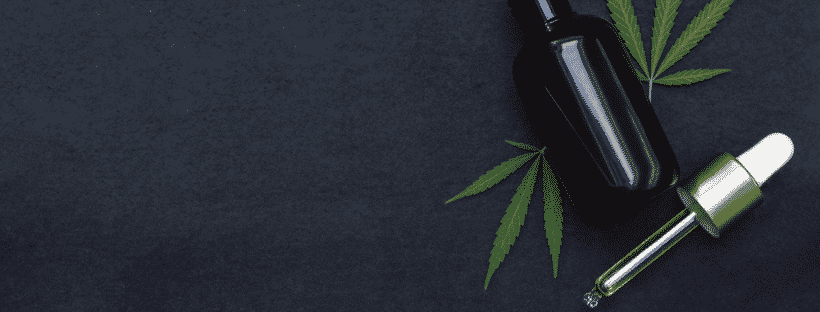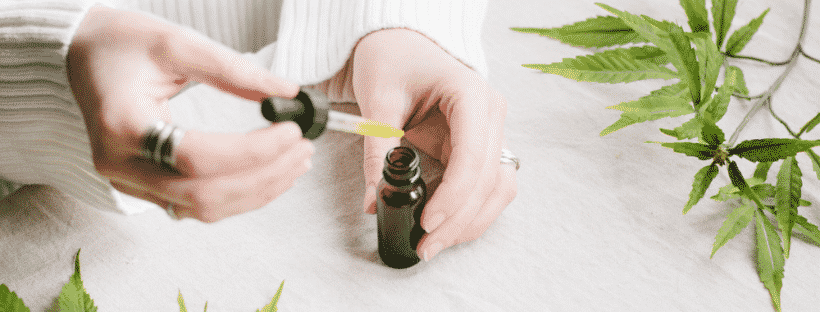
Delta 8 Products: What Are The Differences?
There has been a huge surge in interest around delta 8 recently, and many people are researching it and getting some information on what it is exactly, and why it’s getting so popular all of a sudden. We’ve gathered some of the most useful information on the specifics of delta 8, what it is, and what it does so that people can make an educated decision about whether or not they want to try it. Let’s take a deep dive into delta 8 products.
What Is Delta 8?
Delta 8 is short for delta-8-tetrahydrocannabinol, and if you are thinking that sounds a little familiar, you would be right. It is a close relative of the well-known cannabinoid delta-9-tetrahydrocannabinol and functions in a similar way with regard to how it operates. They are both cannabinoids found in cannabis plants, and they are also both psychoactive and act on the CB1 receptors in the brain.
The delta 8 can also be created from normal hemp-derived CBD. This makes it somewhat of a tricky substance to legislate on a federal level since the 2018 farm bill finally allowed industrial hemp to be grown and used, under a few conditions. This does not mean it is without its legal hurdles, however, but we’ll get into those later on.
What Are The Differences Between Delta 8 & Delta 9?
The main difference between delta 8 and delta 9, is going to be in the way that users report feeling while dosed on either one. They both bind to the natural endocannabinoid system in the human body and cause a noticeable psychoactive “high” feeling. While from a chemical standpoint, both delta 8 and delta 9 are very similar, and even both contain a double bond in their molecular structure.
The small differences in the molecular structure are what lead researchers to believe that these changes are responsible for the difference in effects. Users report a much more mild effect from the delta 8 than from delta 9, and it is much more manageable in a personal capacity.
What Are The Differences Between Delta 8 & CBD?
Delta 8 and CBD are also incredibly similar, although not as similar as delta 9. The primary difference between delta 8 and CBD is that delta 8 can bind to the brain’s receptors, causing the “high” feeling that CBD lacks. CBD is reported to offer other benefits that its users prefer, and lack the high that its users find undesirable.

Does Delta 8 Get You High?
Yes! Delta 8 products will give you a high, although it will not be as potent or incapacitating as the high you would get from delta 9. This makes it a much more appealing way to experience the effects of cannabis in states where delta 9 may be illegal entirely.
There is even a significant portion of potential users who prefer the more gentle effects of delta 8. Many people try delta 9 and are discouraged from exploring further because the effects are often so potent. The potency of delta 9 THC products has lead many people to have elevated anxiety and even situations involving panic. This often cancels out the intense euphoria and feelings of relaxation that often come with delta 9.
What Are The Effects Of Delta 8?
The effects of delta 8 products are very similar in type and scope as those of delta 9, just at a more mild level. Those who consume delta 8 may experience mild feelings of euphoria, happiness and optimism, and uplifting feelings. There is also some evidence to show that delta 8 helps with mild pain relief, as well as with insomnia.
Just as the enjoyable recreational or medicinal effects weigh into people’s decisions, so also should the lists of side effects. Delta 8 will see the user crave many of the snack items that delta 9 users frequent, also known as getting the munchies, as well as other potential side effects. These side effects can include dry mouth, red or bloodshot eyes, and short-term paranoia.
How Do You Take Delta 8?
For many people accustomed to the effects of delta 9, on either a temporary or as-needed basis, the effects of delta 8 will be noticeably weaker. If the user has never experimented with delta 9, however, there is the potential that delta 8 will affect them in a significant way, so it is advised to try a smaller dose at first.
Most delta 8 is available in gummy form and often in a wide variety of dosages, though not as wide as delta 9. The most commonly seen dosage of delta 9 is going to be 25mg. The inexperienced should try half of a gummy first to feel out how it affects them.
Is Delta 8 Legal Or Illegal?
Delta 8, while psychoactive, currently exists in legal limbo, and is currently legal at the federal level. This is because delta 8 is produced from legally grown and processed hemp CBD. Most statewide legislation pertaining to cannabis, CBD, or delta 9. This means although not specifically illegal, it is also not specifically legal.

How Is Delta 8 Produced?
Delta 8 is found naturally in trace amounts in all cannabis and hemp plants. Since hemp is federally legal to grow in the US, and far more readily available, delta 8 is often sourced through that method.
CBD is extracted and then further refined to become an isolate, which is then used in a delta 8 synthesis. This makes delta 8 more expensive than CBD, but also far more appealing to people who want the effects of the plant, without the potency that it is known for.
Where Can I Get Delta 8?
Delta 8 can be obtained in a number of ways. The most common being sold in brick and mortar counterculture or health supplement stores. There are also a number of online suppliers popping up that will ship the product, like Vitality CBD, though at least 11 states prohibit receiving delta 8 in the mail.
